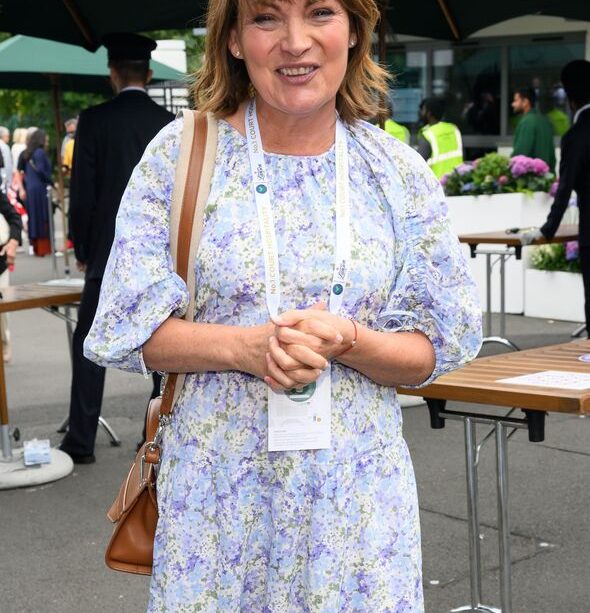The Journey of Lorraine Kelly: A Television Icon

Introduction
Lorraine Kelly has been a staple of British television for decades, known for her engaging presence and heartfelt interviews. With her warm demeanor and ability to connect with audiences, she has become not only a beloved presenter but also a significant influencer in British media. Her journey reflects the evolution of daytime television and the cultural landscape of the UK.
Early Career
Born on November 30, 1959, in East Kilbride, Scotland, Lorraine began her career as a journalist and presenter in the 1980s. She worked for regional television in Scotland before moving to London, where she quickly became known for her work on various news programs. In 1991, Kelly made her breakthrough when she joined the morning program ‘GMTV’ as a co-host, where she developed her signature style of blending news and entertainment.
Transition to ‘Lorraine’
In 2010, she launched her own show, ‘Lorraine’, which has since become synonymous with her name. The show blends celebrity interviews, lifestyle segments, and topical discussions, appealing to a wide demographic. Lorraine’s authentic approach and knack for making guests feel at ease have won her numerous accolades, including the National Television Award for Best Daytime Show. This year, her show celebrated significant milestones, including its 13th anniversary, reaffirming her enduring popularity.
Recent Developments
As of 2023, Lorraine continues to adapt and evolve her show, responding to changing viewer preferences. Recently, she featured a series of interviews with influential figures discussing various social issues, showcasing her commitment to addressing pertinent topics. Additionally, she has been vocal in supporting mental health awareness, using her platform to promote important conversations around emotional well-being.
Contributions and Legacy
Lorraine Kelly’s influence extends beyond her television presence. She is known for her charitable work, supporting various causes, particularly those focused on education, health, and children’s welfare. Her positive impact on society resonates with her audience and solidifies her role as a media figure who takes her responsibilities seriously.
Conclusion
The forthcoming years seem promising for Lorraine Kelly as she continues to shape British daytime television. With her dedication to providing quality content and addressing issues that matter to viewers, she is set to remain a significant figure in the media landscape. Lorraine’s journey not only highlights her personal growth as a presenter but also reflects the shifting dynamics of the television industry in the UK, ensuring her legacy is firmly established.









